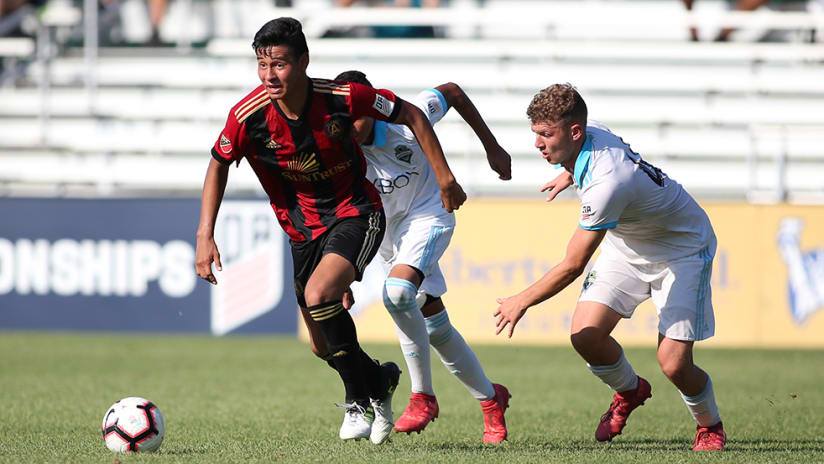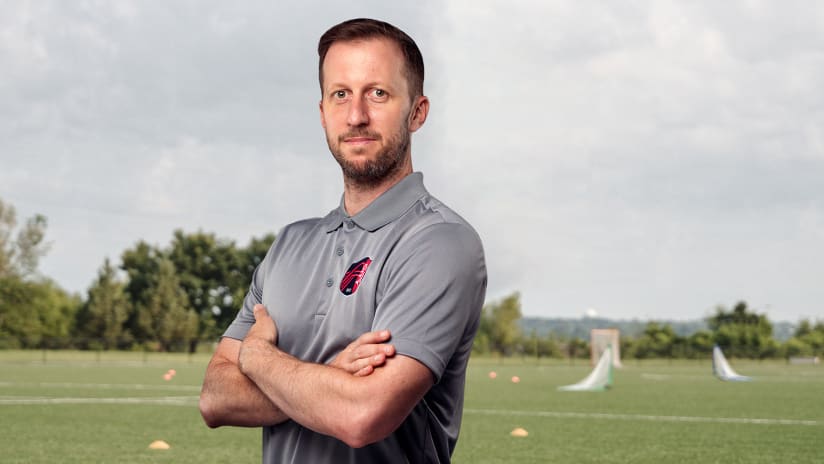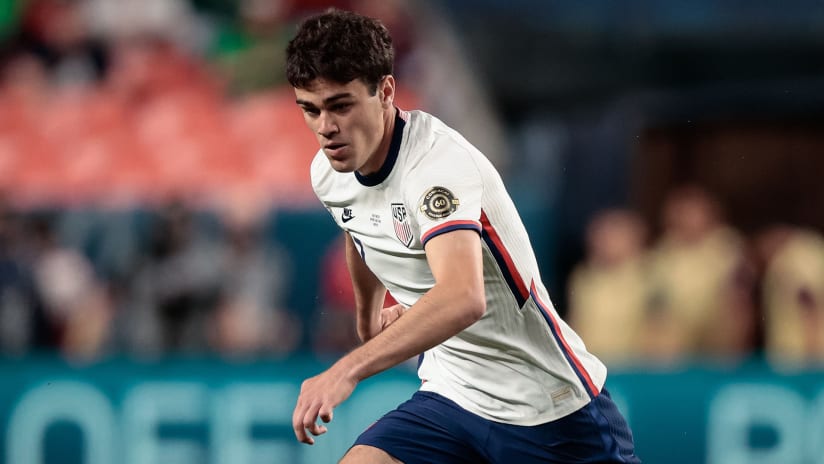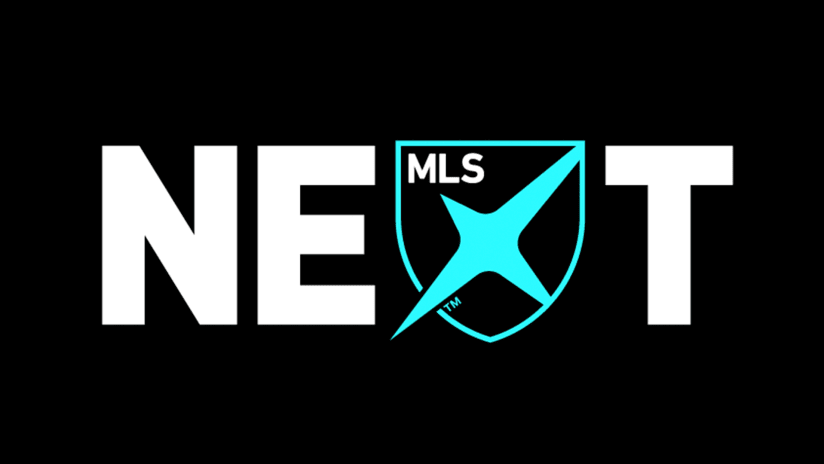US Soccer’s sudden decision to close its Development Academy this week caught many sectors of the North American soccer community by surprise – including those who are leading MLS’s effort to set up a new youth league in its place.
“We weren’t prepared,” admitted Fred Lipka, the league’s Technical Director of Youth Development, in a conversation with MLSsoccer.com on Friday.
A few days of rumors were followed by conference calls with various stakeholders in an attempt to save the DA. But once the federation’s decision was confirmed, that quickly gave way to hurried preparation to launch the next iteration of the top boys’ youth soccer competition in the US and Canada.
That planning continues, and with no on-field action ahead thanks to the COVID-19 pandemic, it probably will for some time. Even with the details of the new league in flux, Lipka wants to emphasize one key pillar of his department’s approach: This is not an MLS-only affair.
“We are still in a thinking process about informing people the right way, and to make sure that everyone is aware about our [willingness] to commit ourselves, and also to make sure that all the MLS clubs and all the non-MLS clubs will have a platform to play in next year,” he said.
“We have not invited one of them or some of them, we invited all of them,” he said of MLS’s overtures to their fellow DA members. “The statement was clear. I understand all the questions about it, [but] we are going to give all the opportunities for all teams which were in the platform to stay in the platform. It's not time to exclude, it’s time to include, to think about the kids, about the players and to try to continue what I think the DA was intended [for].”
The DA was not perfect, but it filled a key space in the ongoing effort to elevate player development. With the past few days’ upheaval, Lipka said it’s important to minimize further disruptions.
“We could address some things, but I think because of the period of uncertainty, this platform will first look like what we had in the past,” he explained. “So if there are changes, it will be minor changes and all the members are going to be secured. We’re confident that the kids are going to be able to find another competition to play in if they want to keep on the same path.”
With a mix of professional and youth-only member clubs, the Development Academy sought to match up the most talented teams and players in a professional-type environment that was largely lacking before its creation.
Despite overall progress, that wide spectrum of membership led to uneven match results. Some professional teams’ domination of smaller opponents led them to question their rate of return on the hefty investments being made by owners. Those concerns will be addressed in MLS’s new league, albeit more likely over the long term.
“To develop the players we need for our first teams, for the national teams, from some specific ages we need to improve, to increase the level of intensity,” explained Lipka, “the level of play against international competition, against the best domestic players and domestic teams, and we always had this kind of need.
“So it was maybe a point of miscommunication, and sometimes a point of friction. But we never really wanted to quit the big league. It was more, OK, we are going to play more MLS against MLS, and we need that because we invest a lot of money, and there’s pressure on the CSOs [chief soccer officers], the pressure on the academy directors, the pressure from our owners.”
Rising expenditures were a driving factor behind US Soccer’s decision to shutter the DA, and Lipka hopes to cut, or at least stabilize, the financial burdens on families and clubs alike.
“We hope less cost, because at this point I think we also have to have some ideas to try to relieve the pressures on parents,” he said. “Travel is, to be sure, sometimes not needed at [age] 12, 13, 14 to drive six hours to play a game … It's up to us to address this issue."













